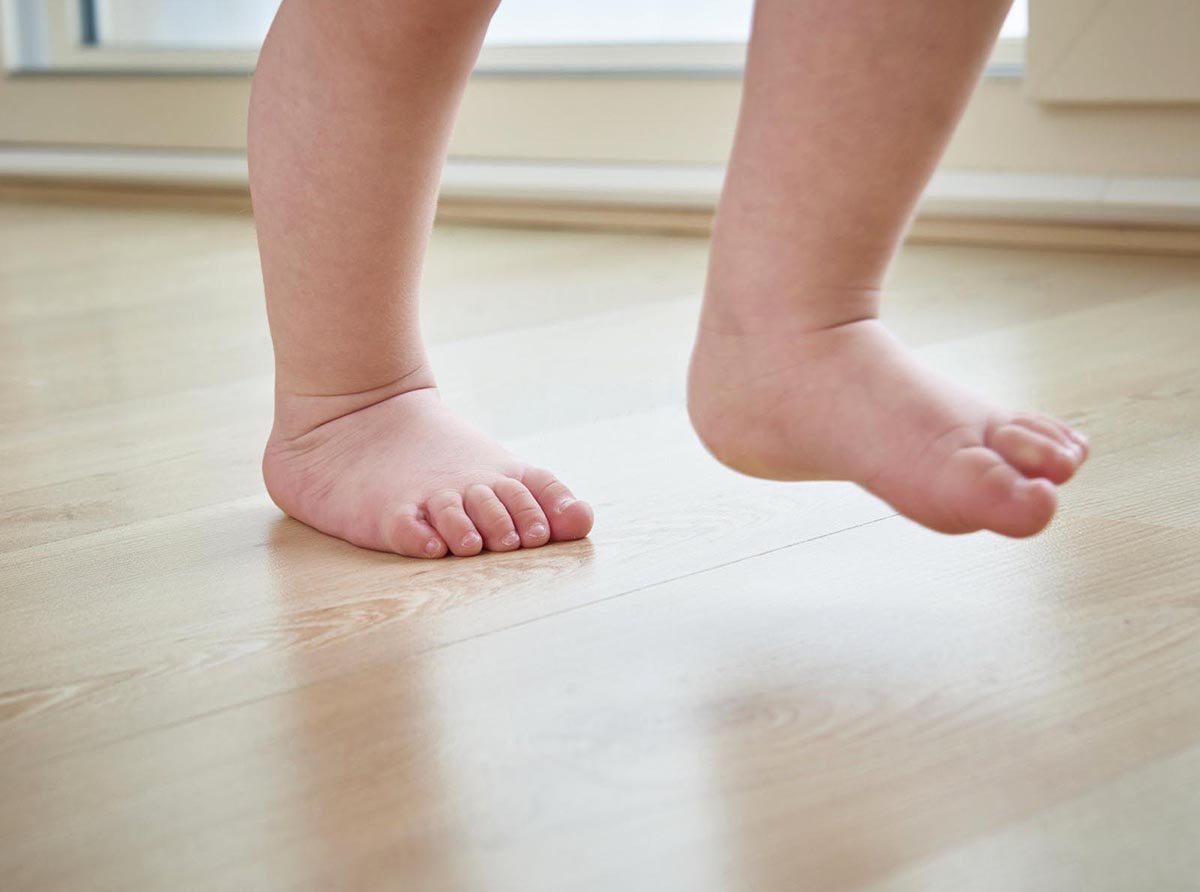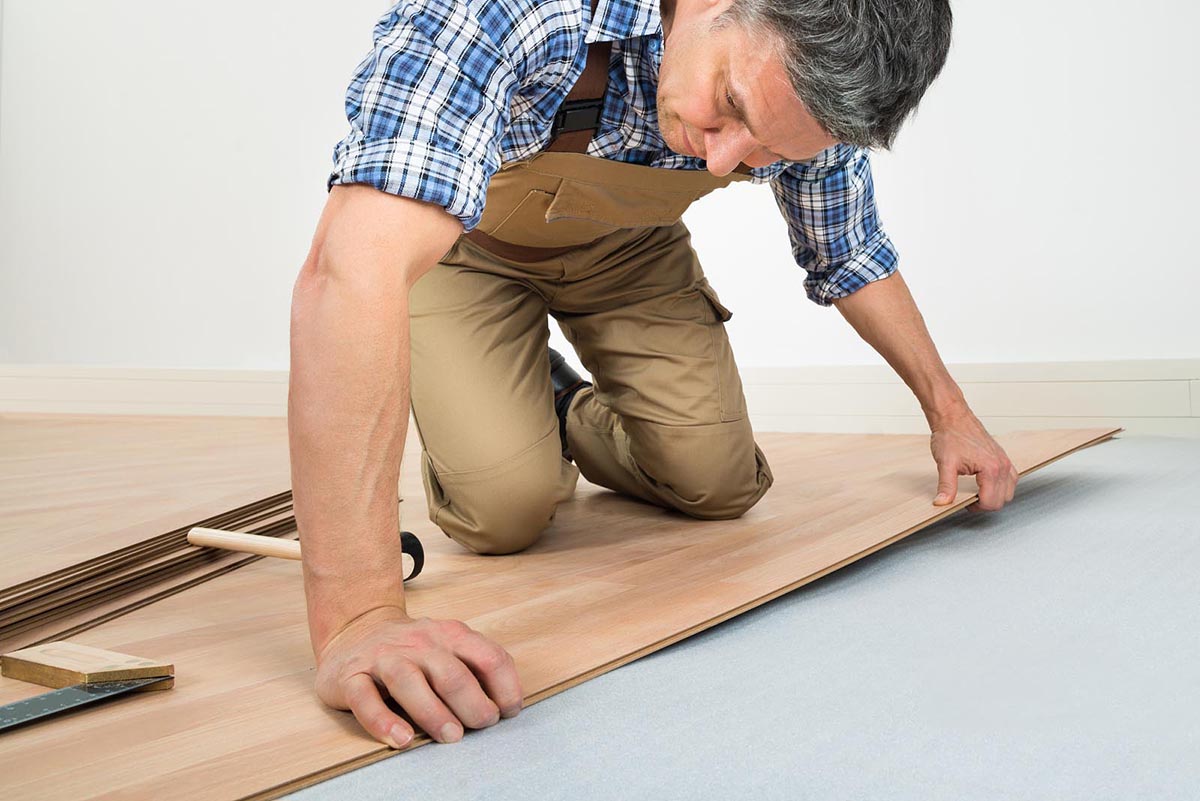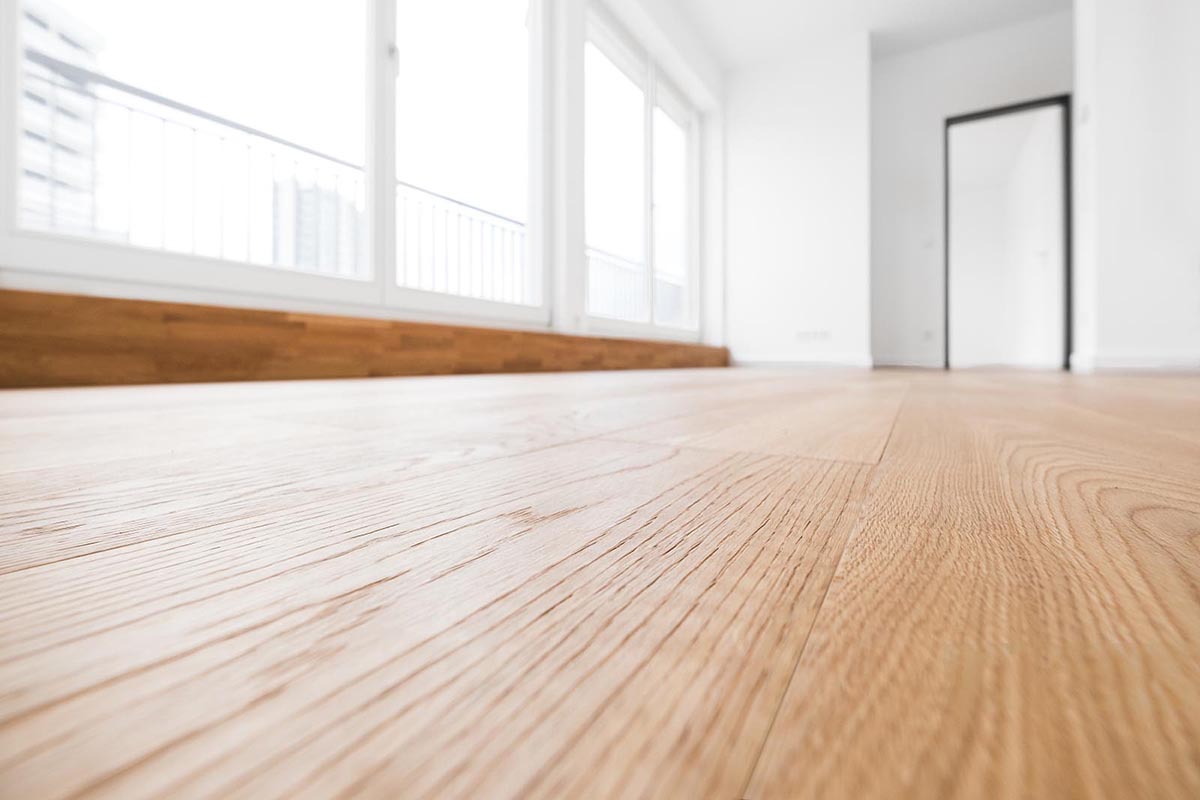Pros:
100% Waterproof.
Low installation cost – cheap to do yourself or save significantly on labour and materials for a professional install. Tile usually costs between $5-10/sq ft to get professionally installed while SPC is $1.50-2/sq ft.
Easy installation – click system is easy to do with minimal tools, wait time and effort.
Looks great – there are endless options of patterns, colors and grains to get the precise look and shade you want.
Some are radiant heating compatible.
Environmentally-friendly – avoiding use of real wood protects the earth’s natural resources and it can be recycled.
Safe, better air quality – it is free from dangerous chemicals typically found in flooring such as formaldehyde , glues, benzene and phthalates.
Some sound proofing – The multi-layered composition of materials provide some natural sound-proofing.
Warranty – SPC generally comes with great manufacture warranties, where the length of warranty generally increases with the thickness of the wear layer and of the core of the planks.
Not super scratch resistant. While the core is highly durable, the wear layer on top can show noticeable scratches with excessive use. It’s very suitable for regular use in a residential home and light commercial use but is not recommended for high traffic commercial spaces.
Thinner material doesn’t have as much cushioning underfoot, compared to a hardwood or laminate.
Needs to be applied to a flat floor. The thicker the plank, the more forgiving on uneven surfaces.
Cannot be installed in outdoor spaces.
Can quickly increase in price as you add the bells and whistles like going with a thicker layer, more desirable print, extra UV resistance etc.
Not fade resistant – if you’re putting SPC in a spot that has a lot of natural light, it can fade over time. We don’t recommend it for sun-rooms.
It’s not wood – ultimately these hardwood alternatives will never match the value of real solid wood so the resell for your home will be lower with SPC than true hardwood floors.
Cons:
Not super scratch resistant. While the core is highly durable, the wear layer on top can show noticeable scratches with excessive use. It’s very suitable for regular use in a residential home and light commercial use but is not recommended for high traffic commercial spaces.
Thinner material doesn’t have as much cushioning underfoot, compared to a hardwood or laminate.
Needs to be applied to a flat floor. The thicker the plank, the more forgiving on uneven surfaces.
Cannot be installed in outdoor spaces.
Can quickly increase in price as you add the bells and whistles like going with a thicker layer, more desirable print, extra UV resistance etc.
Not fade resistant – if you’re putting SPC in a spot that has a lot of natural light, it can fade over time. We don’t recommend it for sun-rooms.
It’s not wood – ultimately these hardwood alternatives will never match the value of real solid wood so the resell for your home will be lower with SPC than true hardwood floors.
Post time: Feb-27-2023




